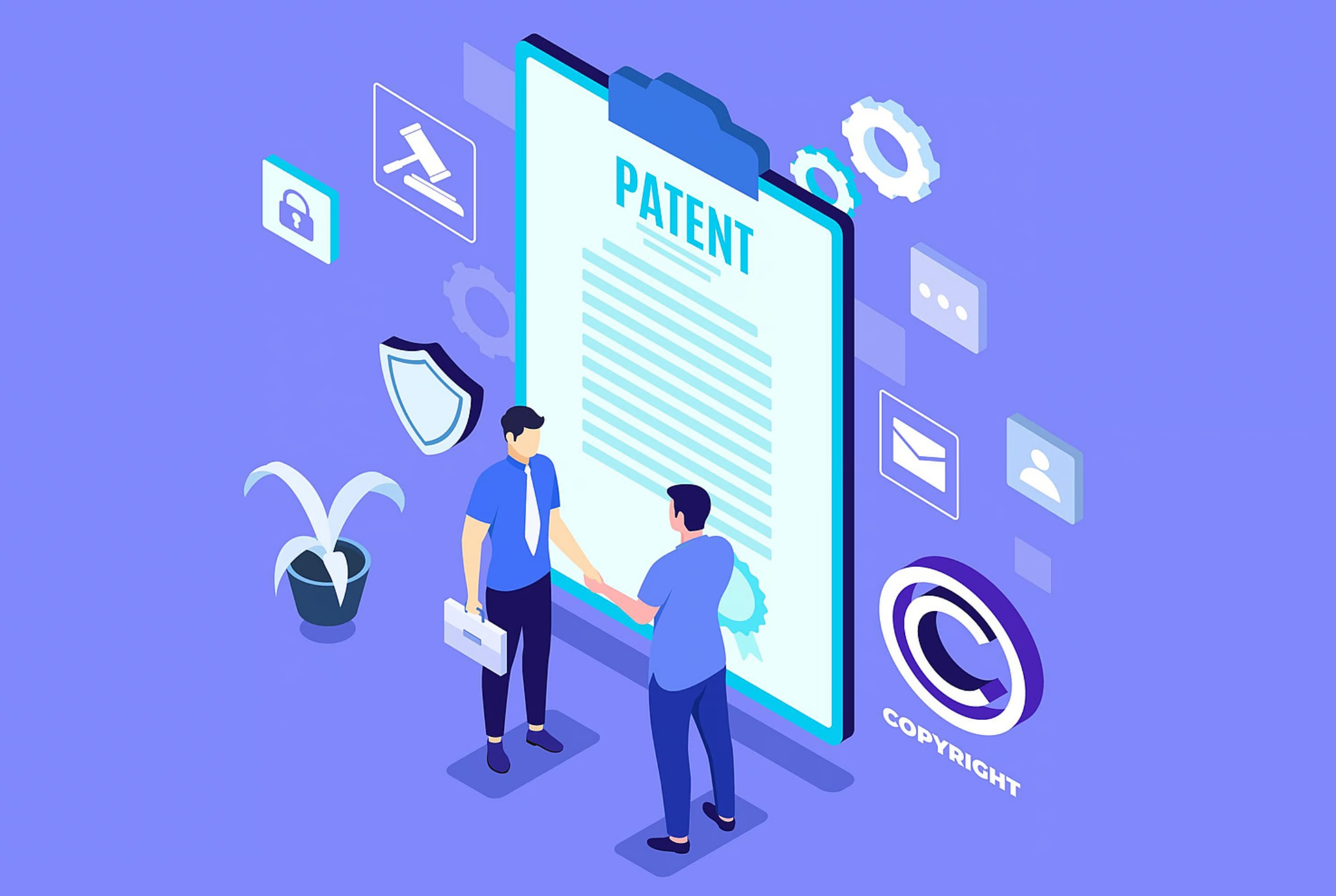Innovation is the lifeblood of progress, driving advancements that shape industries and improve lives. However, the journey from invention to market success is fraught with challenges, including the risk of imitation and competition. In this dynamic landscape, securing intellectual property rights through patents emerges as a critical strategy for inventors seeking to safeguard their creations and capitalize on their ingenuity.

Here's why it pays to patent your invention:
Exclusive Rights: A patent grants inventors exclusive rights to their creations for a specified period, typically 20 years from the filing date. This exclusivity empowers inventors to control the use, production, and distribution of their inventions, shielding them from unauthorized exploitation by competitors.
Market Advantage: Patented inventions confer a competitive edge in the marketplace, distinguishing them from rival offerings. With legal protection in place, inventors can confidently commercialize their inventions, knowing that competitors cannot replicate their innovations without facing consequences. This advantage enhances market positioning and opens doors to greater market share and profitability.
Monetary Rewards: Patents represent valuable assets that can be monetized in various ways. Inventors can license their patented technology to third parties in exchange for royalties, generating a steady stream of income. Alternatively, they can leverage their patents to negotiate lucrative partnerships, investments, or acquisition deals, unlocking substantial financial rewards.
Legal Protection: Patent protection serves as a formidable deterrent against infringement, offering inventors recourse in the event of unauthorized use or imitation. Armed with a patent, inventors can enforce their rights through legal action, seeking injunctions, damages, or royalties from infringing parties. This legal shield provides peace of mind and safeguards the fruits of innovation from exploitation.
Innovation Recognition: Patents are symbols of innovation and creativity, conferring recognition and prestige upon inventors. By securing patents for their inventions, inventors enhance their reputation within their respective industries, positioning themselves as pioneers and thought leaders. This recognition fosters collaboration, networking opportunities, and career advancement, further fueling their innovation journey.
Long-Term Asset: Patents endure beyond the initial stages of invention, serving as enduring assets with lasting value. Unlike other forms of intellectual property, patents offer extended protection, allowing inventors to capitalize on their inventions over an extended period. As valuable assets, patents enhance the overall valuation of companies, attracting investors, and bolstering financial stability.
Patenting your invention is not merely a legal formality; it is a strategic imperative with far-reaching benefits. From safeguarding intellectual property rights to unlocking market opportunities and financial rewards, patents are indispensable tools for inventors navigating the complexities of the innovation landscape. By securing patents for their inventions, inventors can fortify their competitive position, maximize their commercial potential, and leave an indelible mark on the world of innovation.







